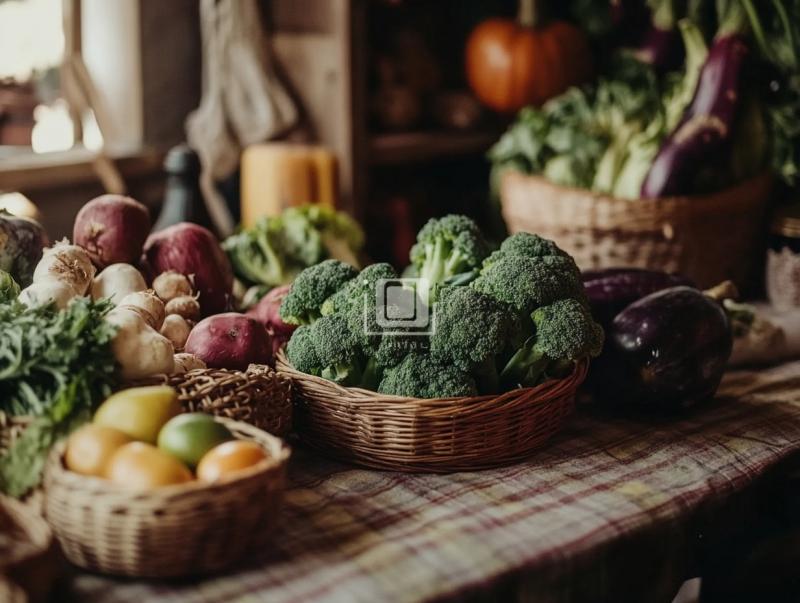Fruits and vegetables are highly prone to mould and fungus during monsoon, hence it is important to buy fresh produce and wash them thoroughly, no matter how well packaged they are.
With monsoon upon us, the risk of contaminated fruits and vegetables has increased tenfold. According to Garima Dev Verman, certified nutritionist and medical content analyst with The Healthy Indian Project (THIP), certain foods are best avoided during the monsoon season due to the increased risk of contamination and foodborne illnesses. “The elevated humidity levels and moisture during this time create favourable conditions for the growth of bacteria, fungi, and other pathogens,” she explained.
Verman said that leafy greens like spinach, cabbage, and lettuce are prone to contamination during the monsoon due to increased moisture levels. They can harbour bacteria and parasites, leading to digestive issues.
From brinjals, to tomatoes, mushrooms to cauliflowers and cabbages — avoid foodborne diseases and risk of upsetting your stomach by staying away from these veggies this monsoon.
Wash green leafy vegetables with salt water before cooking as it clears out germs and bacteria. Avoid consuming raw and deep-fried food from the outside as you may not be aware of the hygiene and cooking precautions taken.
Pesticides can be eliminated from some vegetables by soaking them in a vinegar or baking soda solution. Peeling fruits and vegetables can help remove the outer layer, which may have more pesticides, if at all possible.
Instead of leafy vegetables, focus on gourds, like snake gourd, bottle gourd, Indian squash, ridge gourd, etc. Include gourd vegetables in various preparations like vegetables, paratha, soup, raita, etc. Eat steamed salads instead of raw vegetables as they contain active bacteria and virus that may cause bacterial and viral infections.
Make sure to properly rinse the food under cold running water. To remove dirt and pesticides from fruits and vegetables with tough skins, use a vegetable brush.


